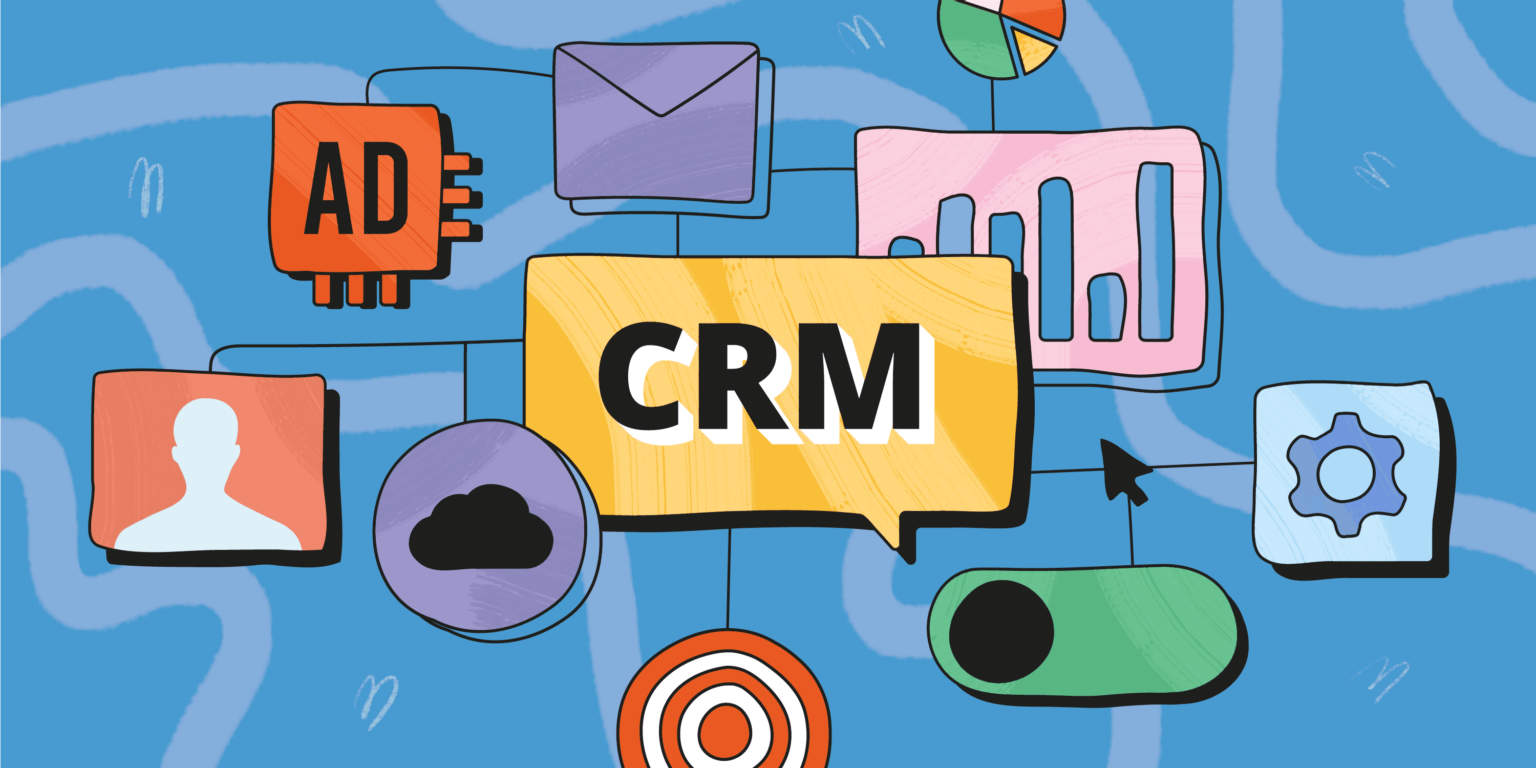Within today's dynamic business world, nurturing strong connections with customers is increasingly essential than ever. Organizations are continuously pursuing creative methods to improve communication and deliver personalized solutions. This is wherein CRM software plays a crucial role, acting as an indispensable tool that enables businesses to handle relations and information during the client lifecycle. By consolidating data and streamlining workflows, these systems help companies streamline efforts and foster stronger connections with their customers.
The benefits of adopting CRM software extend far beyond merely improving the service experience. It enables teams to understand client needs, track sales progress, and oversee promotional efforts effectively. With the capability to interpret information and extract insights, organizations can take educated choices that drive expansion and improve the customer experience. In a world where building connections is vital to prosperity, CRM software is seen as a key resource for every business aiming to excel in the competitive environment.

Advantages of Customer Relationship Management Applications
Customer Relationship Management applications improves organizational efficiency by centralizing customer data in one accessible place. This not only refines communication among employees and also guarantees that all users has a uniform perspective of client engagements. By automating different tasks, like follow-ups and input, sales departments can focus further on nurturing connections and fewer on paperwork.
Another significant benefit of CRM applications is the better customer journey it facilitates. With comprehensive insights into customer likes and actions, businesses can customize their approaches to address specific requirements. This personalized approach fosters loyalty and contentment, resulting in lasting customer relationships that are mutually profitable for both parties.
Moreover, CRM software provides essential data analysis and report features that help businesses make informed decisions. By tracking metrics such as sales performance and customer engagement, companies can detect trends and opportunities for enhancement. This evidence-based methodology allows organizations to enhance their strategies, boost their marketing efforts, and finally drive expansion.
Key Features to Look For
When choosing CRM solutions, it is crucial to focus on ease of use. A clean, intuitive interface allows team members to navigate the system with simplicity, reducing the learning curve and promoting quick adoption. A system that includes customizable dashboards can enhance user experience by allowing individuals to concentrate on the metrics and data most important to their roles. This customization promotes engagement and ensures that users remain effective without frustration.
Integration capabilities are a further important aspect to keep in mind. The best CRM systems effortlessly integrate with various tools that businesses commonly use, such as email platforms, social media, and marketing automation tools. This connection provides that data moves smoothly between systems, providing a comprehensive view of customer interactions and reducing data silos. Ultimately, a CRM that improves collaboration across platforms will simplify operations and improve overall productivity.
Lastly, robust analytics and reporting capabilities are vital for informed decision-making. A CRM system that offers advanced analytical tools allows businesses to track customer behaviors, sales trends, and campaign effectiveness. By using real-time data, organizations can identify opportunities for growth, tailor marketing strategies, and enhance customer engagement. The ability to generate comprehensive reports efficiently makes it simpler for teams to strategize and measure the effectiveness of their initiatives.
Case Studies of CRM Success
One notable case study is that of a retail company that adopted CRM software to boost customer engagement. Prior to implementing the system, the company had difficulties with fragmented customer data, leading to missed sales opportunities and low customer satisfaction. By using CRM software, they centralized their customer information, allowing their sales team to access thorough profiles and interaction history. As a result, they saw a 30 percent increase in sales conversions and a notable boost in customer loyalty.
Another instance involves a B2B service provider that leveraged CRM software to enhance its sales process. The company had challenges managing leads and tracking client interactions, which often resulted in missed follow-ups and frozen deals. Upon integrating CRM software, they were able to automate lead tracking and create alerts for follow-ups. This improved organization led to a 40 percent reduction in response times to client inquiries and an increase in client retention rates, successfully transforming their sales strategy.
Lastly, a nonprofit organization used CRM software to enhance donor relations and fundraising efforts. Previously, maintaining crm solutions with donors was difficult due to fragmented data across different platforms. By implementing a complete CRM system, they gained understanding into donor preferences and behavior. With this information, the organization tailored communication and tailored campaigns, leading to a remarkable increase in individual donations and increased engagement in fundraising events, thus greatly boosting their overall mission impact.
